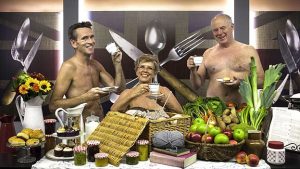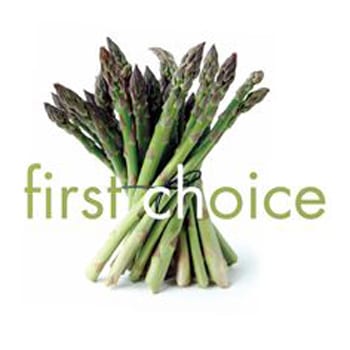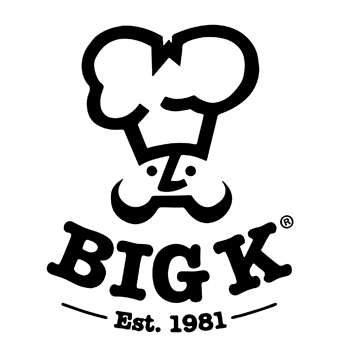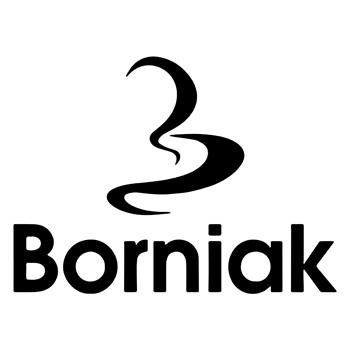BBC Two’s Great British Menu Returns to Commemorate Centenary of Women’s Institute

The challenge is produce 21st-century dishes that honour the custodians of first-class home cooking, and pay tribute to the generations of women who have helped make Britain the great culinary nation it is today. The chefs have taken inspiration from the women in their families – their mothers, grandmothers and great grandmothers – and the pioneering women of the Institute, to turn home-cooked classics into modern masterpieces.
The Women’s Institute was formed in 1915 to revitalise rural communities and to encourage women to produce food for the nation during the First World War. A century later, the Institute is synonymous with British home cooking. Right from the get-go, the pioneering women of the WI were a force to be reckoned with – promoting equality for women, education, and impeccable standards – and in 2000, the WI Calendar Girls produced a nude calendar which raised millions for charity and proved once and for all that the WI are anything but a stuffy organisation.
Award-winning critic Matthew Fort says: “All good cooking begins in the home. That’s why the WI has been so important to food in this country. It has established and maintained the highest of standards for home cooking. But great home cooking won’t be enough to get a dish to the Banquet at this year’s GBM. Any dish must honour the standards of the WI, but also build on them with imagination and skill to create a masterpiece of modern gastronomy.”
Prue Leith says: “Chefs in this country, and in fact the whole British restaurant scene, owe a great debt to the WI. They were the original home economists, teaching us how to grow fantastic produce and get the most from our ingredients. For a century, the women of the WI have been a pioneering force for change and for good in this country. Who would have thought 100 years on that most ladies at Seven Hills WI in Sheffield are in their late 20s, with over 100 names on the waiting list! Any organisation which has done what the WI has done over the last century of campaigning and cooking should be celebrated.”
Oliver Peyton says: “I learnt my love of food and life from a very early age from my mother growing up in Ireland. I remember when I was away at school, I’d wait eagerly for my mum’s visits so I could get home and taste her apple pie which I used to help make. Today I still make my mum’s apple pie and my kids love it too. That’s one of the abiding values of the Women’s Institute – families passing on recipes from generation to generation so, for me, a Great British Menu for the WI feels like British cooking is coming home.”
As ever, the regional heats will see all of the chefs’ dishes scrutinized by Britain’s most accomplished chefs and veterans of the competition. Winners of this first round will present their menus to the judging panel: award-winning critic Matthew Fort, doyenne of British cookery Prue Leith, and restaurateur Oliver Peyton. Joining the Great British Menu judging panel each week will be guest judges – longstanding WI members, mothers and home cooks – who will ensure the dishes going forward to the Great British Menu national finals measure up to the exacting standards of the Institute.
Along the way, there’ll be both soaring highs and crushing lows as the chefs do everything they can to get their dishes onto the final menu. Who will endure and win the chance of honouring their mothers and the pioneering women of the WI?
The Great British Menu is made by Optomen Television by for BBC Two. The series producer for Optomen is Jessica Jones and the executive producer is Nicola Moody. Aisling O’Connor is the commissioning editor for the BBC.











